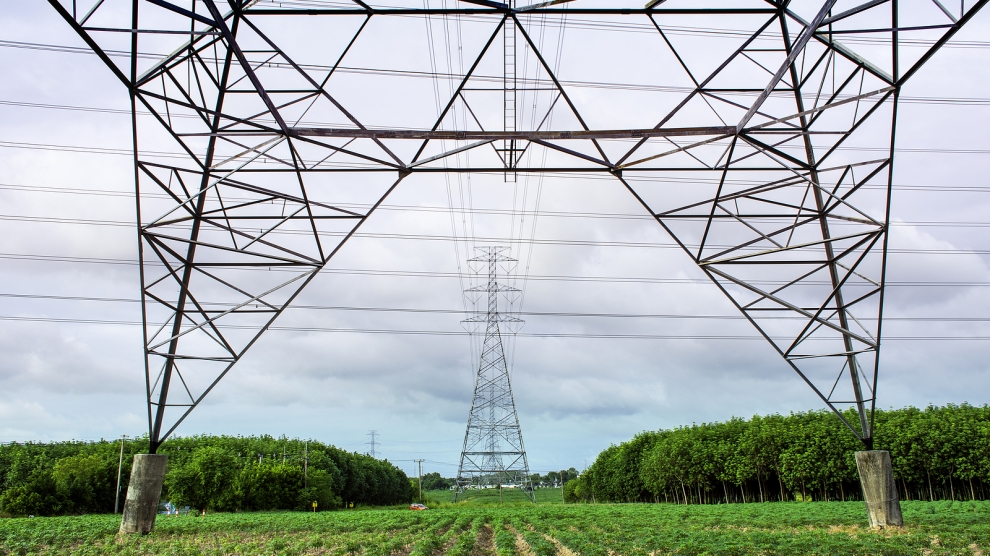Ukraine and the Republic of Moldova have declared their interest in creating an integrated energy market. The two countries have been working on further electricity market harmonisation since EU4Energy high-level policy talks were held in Lviv, Ukraine in July.
Currently, both countries are proactively engaged in the reform of wholesale electricity markets, working towards the establishment of Energy Community acquis rules, which will apply to cross-border electricity transactions in Moldova and Ukraine. The Energy Community, an international organisation aiming to unify EU member states and their neighbours in a single pan-European energy market, provides regular technical assistance to both countries, within the framework of the EU4Energy programme.
EU4Energy programme currently supports Moldova in the import and export of electricity to and from Ukraine, in accordance with Energy Community regulations, during open auctions. The next stage of the project envisages electricity trading via closed auctions. The programme supports Ukraine in the designation of new software to complement the project’s aims.
Nonetheless, there are a number of problematic issues the two neighbouring countries need to deal with. First of all, there is no market operator in Moldova, which is of crucial importance for the functioning of a single energy market. “Moldova should put into operation a new market model no later than 2020,” explains Svetlana Karpishina, an expert at the Energy Community Secretariat, while stressing the necessity of a coordinated approach. Ukraine, on the other hand, has a market model, even though it is designed for a single purchaser.
However, Moldova is developing a regulatory framework and is in the process of generating transparent rules for the electricity market. “The main task is to create prerequisites for opening the electricity market to all electricity consumers and suppliers in the region and eliminate any restrictions that impede the free trade of electricity,” said Tudor Copaci, the head of National Energy Regulatory Agency of the Republic Moldova.
Another major difficulty stems from the need to integrate the Kuchurgan power plant, located in Moldova’s breakaway region of Transnistria, into the single energy market. Energy Community experts further highlight that the practice of subsidising some categories must be abolished in Ukraine.
The integration of energy markets will make the transfer of electricity through the country’s respective grids possible, and ensure the functioning of uniform rules on joining, participating and leaving the market as well as set uniform prices.
The formation of a single energy market is currently supported by the EU4Energy programme, which helps both countries in improving the quality of energy data, policy and governance. The project will conclude in 2020.

